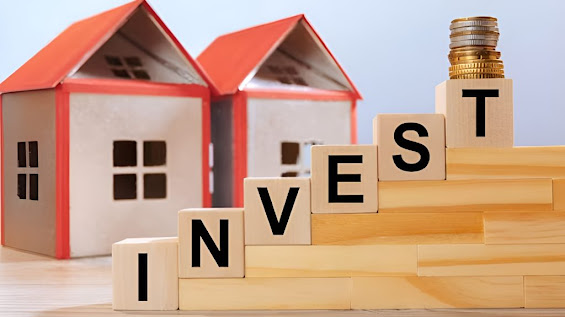The ultimate cash in a competitive property market is not necessarily made at the point of sale; the money is made in the uplift potential. The ability to identify a property that will substantially increase in value upon renovation, change of use, or planning consent is a skill that distinguishes between decent investors and successful ones.
Industry businesspeople, such as Nick Statman, always stress that
one needs to learn to find hidden value before the mass market realises it.
1. Understand What "Uplift" Really Means
Property uplift can be defined as the value rise following a specific
property change. This change may be physical (such as a refurbishment or
extension), legal (such as getting planning permission), or strategic (such as
a change of use of a building). The trick is to find assets that are
undervalued because of some form of neglect, bad layout, or unused development
rights.
2. Look for Below-Market Value Opportunities
One of the most common ways of creating uplift is buying below market
value (BMV). These deals often occur because the vendor is distressed: an
inheritance, a divorce, a financial crunch, or just because the location has
been poorly marketed.
Nicholas Statman, an experienced property investor and advisor, highlights the importance of due diligence when evaluating BMV deals. The investor should ensure that the property is not cheap because of structural defects or legal issues. Survey reports, local comparables, and auction enlightenment can confirm that a property has a real upside.
3. Assess Development and Extension Potential
All properties maximise space. It is essential to find out who has room
to add or change. One can get the best value from the investment in properties
whose plans can be modified after proper improvement.
Some of the common ways of releasing the hidden value through development include the following:
- Converting
single-family homes to HMOs (Houses in Multiple Occupation)
- conversion
of large houses into flats with their facilities.
- The
transformation of commercial buildings to residential buildings.
- Outbuildings
or garden offices to make additional space
4. Identify Properties in Emerging Locations
High uplift potential concerns not only the building but also its
location. Seek districts undergoing regeneration, infrastructure improvement,
or increased demand from a specific population group, such as young
professionals or students.
The advantage of getting into such neighbourhoods early is that the buying prices are usually low, and the development potential is enormous. The state's transport, schools, or retail investment generally indicates that uplift is in prospect.
5. Always Run the Numbers
However good a property appears to be, the numbers have to add up. A
well-figured deal will also work to your advantage in eliminating risk and
giving you insight into the true worth of your investment.
The following are the primary financial considerations before a purchase decision:
- Purchase
price
- Renovation/development
costs
- Legal
and finance charges
- Anticipated
resale or rent value
The projected post-work value minus total costs will give you your gross uplift margin.
Conclusion
Identifying uplift potential is a science and an art. It takes knowledge of the area, understanding of the market, and swift action. Identifying hidden value and understanding how to release it, as Nick Statman tends to show regularly through his property exploits, is one of the most potent skills in real estate investing.








